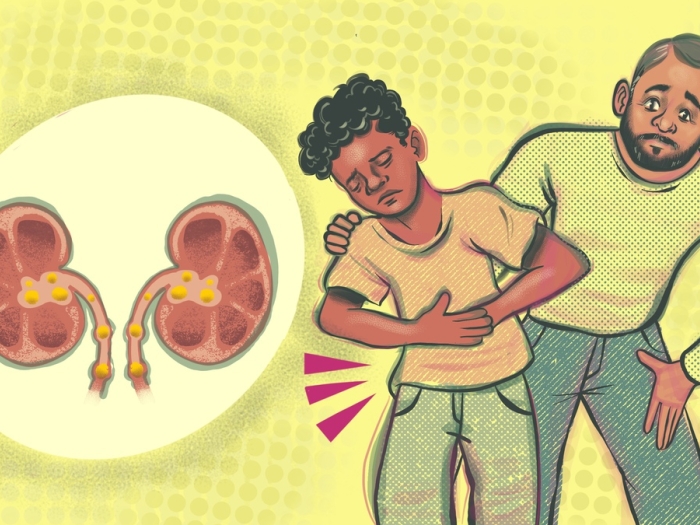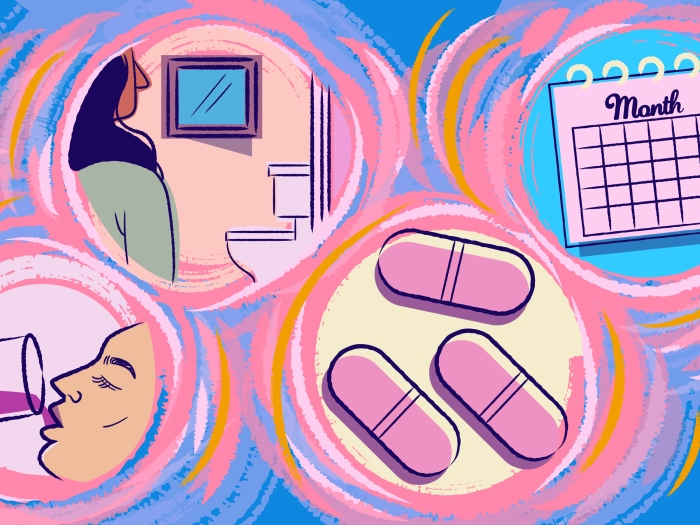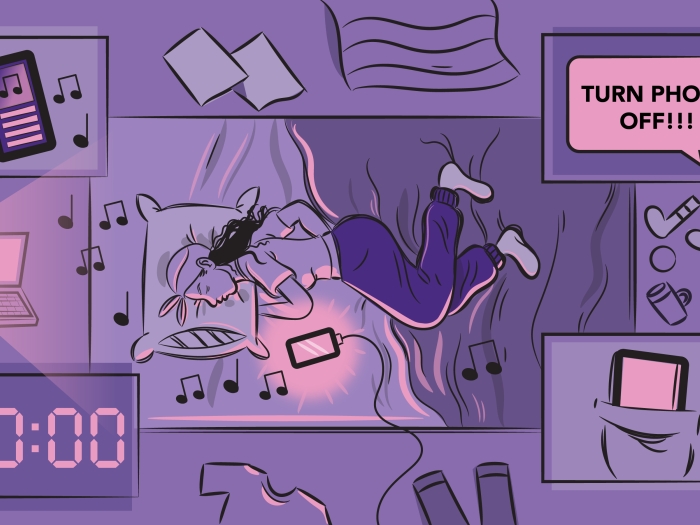Showing 1-15 of 25 results

Health Lab
A new urine-based test addresses a major problem in prostate cancer: how to separate the slow growing form of the disease unlikely to cause harm from more aggressive cancer that needs immediate treatment.

Health Lab
Telehealth study of patient portal e-visits by Medicare participants shows few had an interaction for which their provider billed them.

Department News
New website to help adolescents with disabilities learn about reproductive health.

Health Lab
2 in 3 parents in national poll say their child ages 5-12 use personal audio devices; pediatrician offers 4 tips to reduce noise exposure risks

Health Lab
Cases of kidney stones in children are increasing, but parents can minimize the chances their kids develop them.

Health Lab
Recently approved by the Food and Drug Administration, Pluvicto is a radionuclide-labelled drug administered to patients showing promising results.

Health Lab
By studying first-year college students’ experiences and backgrounds, scientists may have discovered a way to go beyond genetics to predict which students might be more or less vulnerable to stress-related depression.

Health Lab
The Michigan Medicine finding suggest a need for more education and screening of older adults for cannabis-related risks.

Health Lab
A Michigan Medicine urogynecologist discusses what urinary tract infections are, how they are treated and what new research is on the horizon.

Health Lab
For people with expensive prescription drugs, switching plans could save them thousands of dollars in copays. And a simple tool can help people easily compare out-of-pockets expenses for anyone with a Medicare Part D prescription plan.

Health Lab
A Michigan Medicine expert explains more of a report’s key findings on cell phone use and how parents can support a healthy use of technology.

Health Lab
Firearm purchases rose during the pandemic and a survey shows high rates of mental health issues and political extremism among those who bought guns during 2020 and 2021.

Health Lab
Michigan Medicine research tracks academic trajectories of late preterm infants from infancy to kindergarten and identifies developmental risks and how to best promote resilience

Health Lab
A free online tool could potentially save some prostate cancer patients more than $9,000 in out-of-pocket drug costs, a Michigan Medicine study finds.